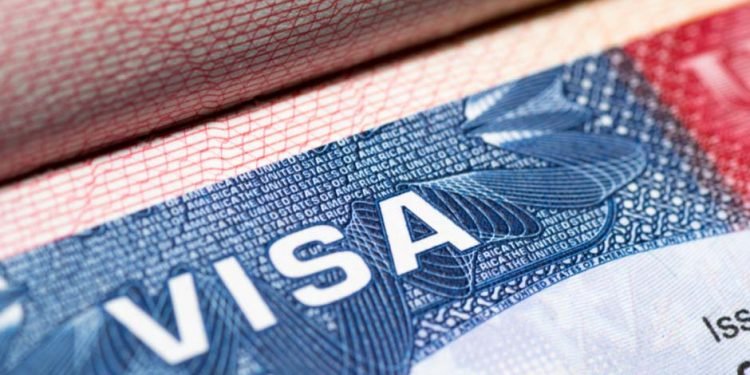Immigration and work visas, particularly in the agricultural sector, can seem like a labyrinth. Amid this complex terrain, the H2A visa stands out as a critical channel for sourcing foreign temporary labor in the United States for agricultural work. However, securing these visas is a collaborative mission.
H2A visa sponsors play a pivotal role in this process, serving as the connective tissue between prospective employees and the agricultural industry.
This comprehensive guide provides an in-depth understanding of H2A visa sponsors and their integral functions.
Who are H2A Visa Sponsors?
In the context of H2A visas, sponsors are typically U.S. employers or agents who petition for foreign nationals to come to the United States for temporary agricultural work. They shoulder the responsibility of filing the necessary applications and fulfilling the requirements set by the U.S. government to facilitate the worker’s arrival and stay.
H2A Visa Sponsor’s Responsibilities
An H2A visa sponsor is responsible for much more than just paperwork. They must show that more Americans are needed who are willing, able, and qualified to perform the temporary task. Also, sponsors must attest that hiring foreign workers won’t have a negative impact on the pay and working conditions of similarly employed Americans.
Moreover, sponsors must provide benefits to the H2A workers, such as free and approved housing, transportation to and from the workplace, and meals or kitchen facilities. They must also guarantee that the worker will be employed for at least three-quarters of the contract period, known as the “three-fourths guarantee.”
The H2A Sponsorship Process
The H2A sponsorship process commences with filing a temporary labor certification with the Department of Labor. Here, the sponsor needs to confirm the temporary or seasonal nature of the job and the lack of domestic workers to fill the positions.
Upon approval of the labor certification, the sponsor then files an I-129 form (Petition for Nonimmigrant Worker) with the U.S. Citizenship and Immigration Services. Once the petition is approved, the foreign workers can apply for an H2A visa at a U.S. embassy or consulate in their home country.
The Impact of H2A Visa Sponsors
The work of H2A visa sponsors significantly impacts the U.S. agricultural sector. By ensuring labor supply during peak seasons, sponsors help the agricultural industry maintain its productivity. Furthermore, their role fosters opportunities for international workers, offering them the chance to gain valuable employment experience in the United States.
Conclusion
In the intricate world of temporary agricultural work visas, H2A visa sponsors are crucial navigators, bridging the gap between foreign labor and the U.S. agricultural industry. Their pivotal role ensures a consistent workforce for agriculture, contributing significantly to the sector’s prosperity and the U.S. economy as a whole.
Remember, the landscape of agricultural work visas like the H2A can be complex. However, with the crucial support of H2A visa sponsors, the process becomes significantly more manageable. They facilitate a streamlined approach to visa acquisition, helping U.S. employers and foreign workers reap the benefits of this international labor exchange.












